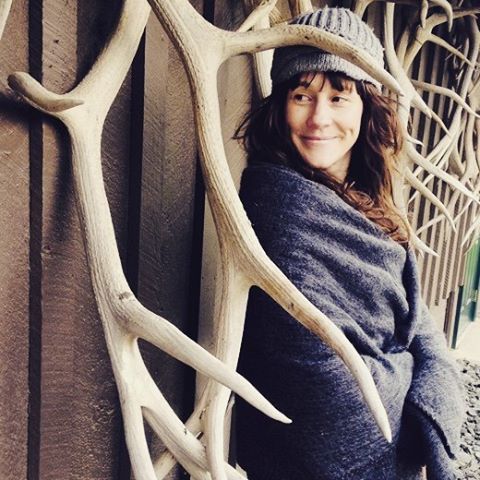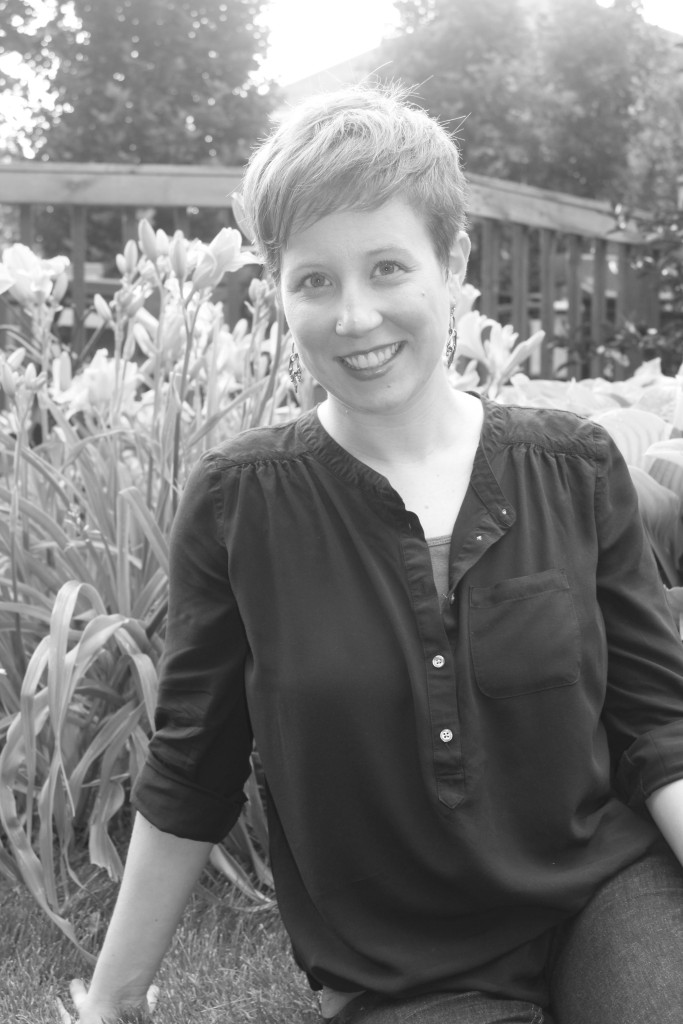Writing the Midwest: On learning from students
“Writing the Midwest” is a recurring series featuring writing advice from today’s most prolific authors. Whether it’s dealing with writer’s block, knowing when a piece is finished, or how and where to find inspiration, we’re delighted to present to you the very best guidance to help you and your writing. You can find links to the authors’ full interviews below.
On learning from students:  Judith Claire Mitchell: My grad students turn me on to new writers and blow me away with their work, but I’m truly inspired by my undergrads, who are not always the best writers in the world (at least not yet) but who are so brave about exposing their imperfect work to their classmates and me. I often begin undergrad workshops by writing this quote by Thomas Mann on the board, “A writer is someone for whom writing is more _________ than it is for other people.” I ask the students to guess the missing word, which is “difficult.” I deeply believe this. Writing is supremely difficult. But my undergrads often suggest that the missing word is “fun.” That’s an important lesson, too. That’s how most of us began. Not for publishing contracts. Not for prizes. Not for tenure or recognition or movie deals or to be the best or even to change lives the way literature can. No, we originally did this incredibly difficult thing—often with full knowledge of how difficult it is—for fun. My undergrads remind me of that. Judith Claire Mitchell: My grad students turn me on to new writers and blow me away with their work, but I’m truly inspired by my undergrads, who are not always the best writers in the world (at least not yet) but who are so brave about exposing their imperfect work to their classmates and me. I often begin undergrad workshops by writing this quote by Thomas Mann on the board, “A writer is someone for whom writing is more _________ than it is for other people.” I ask the students to guess the missing word, which is “difficult.” I deeply believe this. Writing is supremely difficult. But my undergrads often suggest that the missing word is “fun.” That’s an important lesson, too. That’s how most of us began. Not for publishing contracts. Not for prizes. Not for tenure or recognition or movie deals or to be the best or even to change lives the way literature can. No, we originally did this incredibly difficult thing—often with full knowledge of how difficult it is—for fun. My undergrads remind me of that. |
  Gretchen Marquette: One thing I like about being an instructor is that I get to keep learning. It’s true to some extent that teachers “take” their own classes, and so I’m always thinking (and reading) as both a student and as a teacher. I’m an adjunct, so I teach many different classes at several different schools. This means that I have lots of different experiences, not just as a teacher, but as a thinker and writer too. When I’m teaching creative writing in the BFA at Hamline, for example, there is a lot of great discussion about craft and form. Listening to my students talk helps me think about my work (and all creative work), both in terms of how it’s made, and how it works, but also in terms of how it finds an audience.Other classes have their own benefits. I’m teaching composition this semester at Anoka-Ramsey Community College, north of the Twin Cities. I’m also working on a collection of essays. The essay collection is tough, because I’m in the early stages, and my inner critic is convinced I’m taking a great idea and royally screwing it up. During our first unit, my comp students and I read Anne Lamott’s “Shitty First Drafts” and talked about the barriers to getting that first draft (the “down” draft) done. During that in-class discussion I realized something I should have realized years ago, which is that the book I imagine in my head always falls short of my expectations, because the first time I see it, it’s in its first draft, and the books that I’m holding it up to, hopefully as peers, have made it through many drafts, and have seen an editor’s attention, etc. It’s such a simple concept, but honestly, it didn’t stick for me until the discussion with my students this fall. They were struggling with writing their personal essays in exactly the same way I was struggling. It’s a good example of how, in a lot of ways, being a working writer makes me a more empathetic writing teacher, and being a writing teacher makes me a more productive writer. Gretchen Marquette: One thing I like about being an instructor is that I get to keep learning. It’s true to some extent that teachers “take” their own classes, and so I’m always thinking (and reading) as both a student and as a teacher. I’m an adjunct, so I teach many different classes at several different schools. This means that I have lots of different experiences, not just as a teacher, but as a thinker and writer too. When I’m teaching creative writing in the BFA at Hamline, for example, there is a lot of great discussion about craft and form. Listening to my students talk helps me think about my work (and all creative work), both in terms of how it’s made, and how it works, but also in terms of how it finds an audience.Other classes have their own benefits. I’m teaching composition this semester at Anoka-Ramsey Community College, north of the Twin Cities. I’m also working on a collection of essays. The essay collection is tough, because I’m in the early stages, and my inner critic is convinced I’m taking a great idea and royally screwing it up. During our first unit, my comp students and I read Anne Lamott’s “Shitty First Drafts” and talked about the barriers to getting that first draft (the “down” draft) done. During that in-class discussion I realized something I should have realized years ago, which is that the book I imagine in my head always falls short of my expectations, because the first time I see it, it’s in its first draft, and the books that I’m holding it up to, hopefully as peers, have made it through many drafts, and have seen an editor’s attention, etc. It’s such a simple concept, but honestly, it didn’t stick for me until the discussion with my students this fall. They were struggling with writing their personal essays in exactly the same way I was struggling. It’s a good example of how, in a lot of ways, being a working writer makes me a more empathetic writing teacher, and being a writing teacher makes me a more productive writer. |
  Callista Buchen: Teaching writing gives you the opportunity to talk about writing a lot—I’m constantly thinking about writing and how best to discuss it with my students, how I can help them find their way in this field. All this thinking helps me stay engaged with my own writing. After all, I’m a working writer honing her craft, just as they are. Plus, I love reading and responding to student work—they’re brilliant and challenging, and they keep me reaching to do better. Callista Buchen: Teaching writing gives you the opportunity to talk about writing a lot—I’m constantly thinking about writing and how best to discuss it with my students, how I can help them find their way in this field. All this thinking helps me stay engaged with my own writing. After all, I’m a working writer honing her craft, just as they are. Plus, I love reading and responding to student work—they’re brilliant and challenging, and they keep me reaching to do better. |
   |






